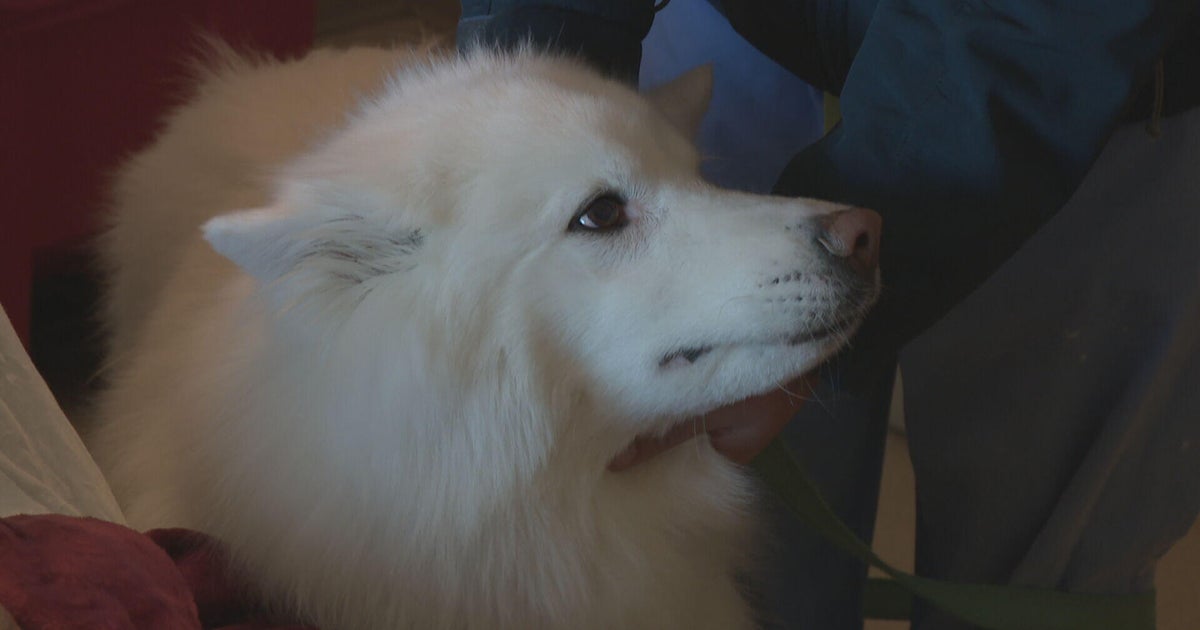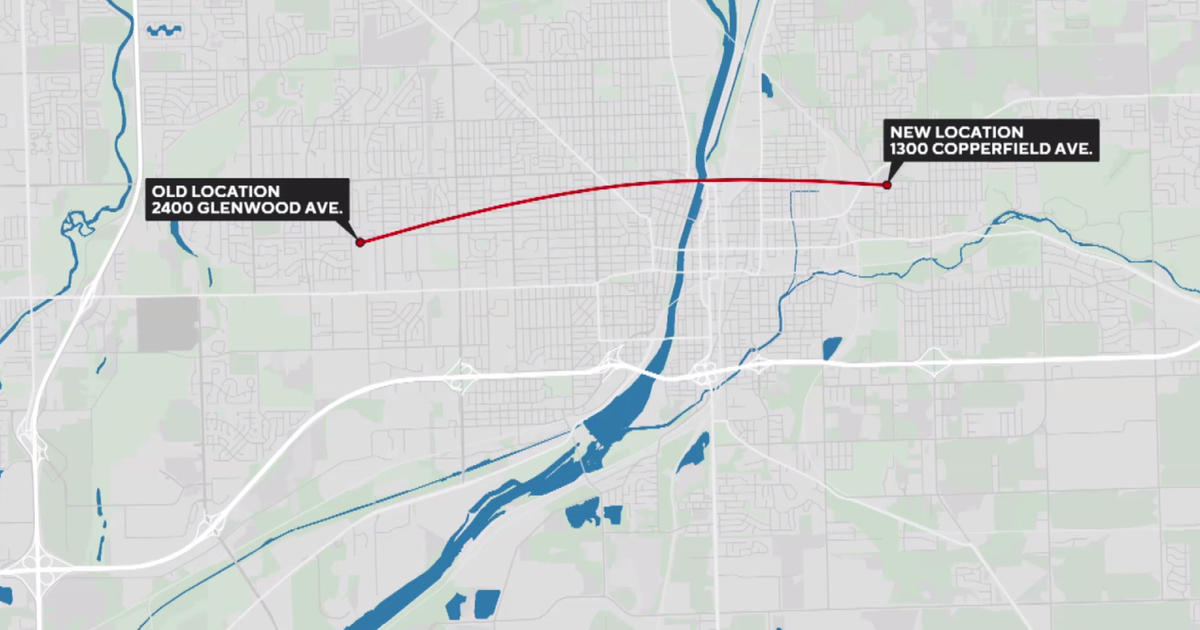Another COVID Battle: Pest Control Services Seeing Increase In Rodents In Vacated Offices
PITTSBURGH (KDKA) - While only about 40% of the workforce has returned to the office 100% of the rodent force is reporting every day for duty.
The pest control industry is hopping right now as it tries to wrestle the COVID vacated spaces back from the four-footed furry pest.
Workers returning to their offices after four or five months working at home are finding the evidence of mice and rats.
"Rather than the occasional sighting," says Chad Gore, Ph.D. of Ehrlich Pest control, "They might be seeing a lot more of these sighting or things kind of walking or crawling around."
The reason he says is simple, "They don't have the disturbance of people they perceive as predators if they don't have that in their way they are going to come out of the places they are using for hiding in and feel more comfortable in other areas."
And Gore says there's plenty in the vacated workspaces to attract them.
"You certainly have things that are nesting materials so a lot of paper cardboard, things as that nature. And that is as attractive to rodents as food sources."
Oh but there's plenty of food as well.
Gore says offices were abandoned without planning when the pandemic hit so stashes of food were left behind without a thought. No one thought they would be gone this long. And Gore says, "In a desk, people might leave their bag of chips or candy bars and to a rodent that bag or wrapper is no barrier to the smell and eventually taste of that piece of food."
And it's not just rodents.
"We do see similar things with other things like cockroaches," says Gore. "Where you have a small population. And that area being left alone like in a restaurant for example, or office buildings, when it comes to American cockroaches you know they can blow up pretty quick."
So the battle is on to regain control of in the name of humanhood.
WATCH: Pest Problems Become An Issue In Buildings Left Behind During COVID-19 Shutdowns
Dr. Gore says the first thing is to get control of the nesting havens in the paperwork clutter.
Then he says, "In that office setting we have to make sure we are eliminating all that food they are attracted to or at the very least we're putting it into rodent-proof containers, really thick sturdy plastic containers."
Next, he says you have to determine how they are getting in and seal up the pathway. Traps alone won't do it.
"Catching one mouse is certainly winning a battle but not the war, so you need to be diligent and continue your efforts until you catch none."
And the same approaches will work with cockroaches.
"We need to make sure we're putting out the proper control measures and we need to monitor them during the control period but also afterward to make sure we've eliminated the pest population as a whole."
One factor to remember with all the pest he says is they are smarter than you think. If they find and identify a threat they will go around it and you could wind up just moving the problem from one place to another.
With many offices still off-limits to employees its up to the supervisors, maintenance staff, or owners of the building to deal with the issues.
Pittsburgh is far from alone in this battle; Boston, New York, and Philly are among the many cities experiencing the same issues.
But against all this creepiness there is one glimmer of good news: Dr. Gore says they are seeing a decline in the number of problems with Bed Bugs because people are not traveling.







